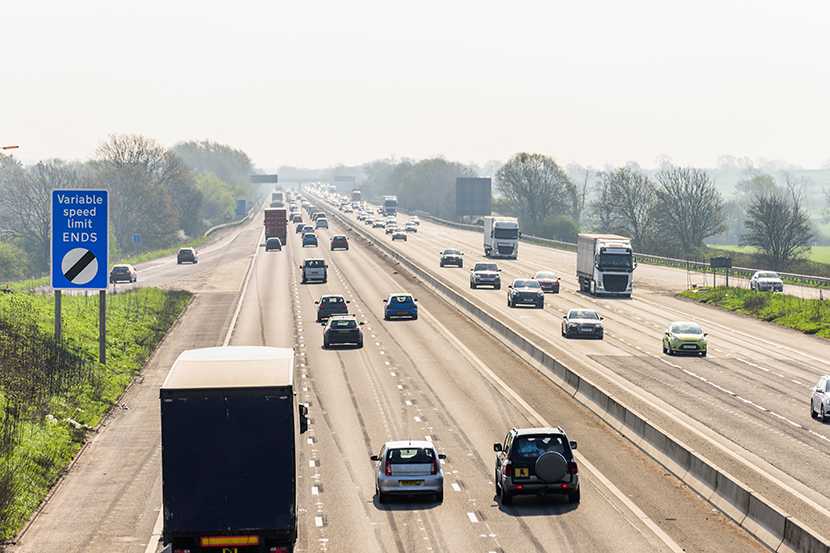Big changes are coming to UK roads in 2025. From tax tweaks to new costs for EV drivers, here’s everything you need to know.

1. Zero emission vehicle mandate
From 1 January 2025, car manufacturers must ensure that at least 22% of new car sales and 10% of new van sales are fully electric. This push supports the transition to greener roads and lower emissions.
2. Electric vehicles lose tax-free perk
From 1 April 2025, electric vehicles (EVs) will no longer be exempt from Vehicle Excise Duty (VED). New EVs will pay £10 in the first year and £195 annually after that. Do you have an EV that's worth over £40,000? You’ll also face the expensive car supplement of £410 for five years.
Tip: If you’re considering an EV, factor these costs into your budget. It might be worth comparing electric car insurance policies to find savings that offset these charges.
3. Congestion charge exemptions scrapped
Another hit for EV drivers. The days of free city driving for EVs are numbered. From 25 December 2025, all vehicles, including electric and hydrogen-powered ones, must pay the £15 London Congestion Charge.
4. New £10k fines for non-compliant EV chargers
Some good news! EV drivers can look forward to more dependable charging stations nationwide. From 2025, EV charging providers must ensure their chargers meet new government standards for reliability, accessibility, and ease of payment. Failing to comply could result in fines of up to £10,000 per charger. This move is aimed at improving the experience for EV drivers and ensuring consistent access to charging infrastructure.
5. Company car tax rises
If you drive a company car, keep an eye on your Benefit-in-Kind (BiK) tax. Starting April 2025, BiK rates for all vehicles will rise by 1%. Electric cars jump from 2% to 3%, with even steeper increases for higher-emission vehicles.
6. Fuel finder scheme introduced
By the end of 2025, all petrol stations in the UK must share real-time fuel prices through the new 'Fuel Finder' scheme. This means you’ll know the best places to fill up, helping you save on fuel costs. In the meantime, you can use our tool to find the cheapest petrol stations near you.
7. Mandatory driver assistance systems
By 2025, newly manufactured cars in the UK are expected to include advanced driver assistance systems (ADAS) as standard. This includes lane-keeping assistance and autonomous emergency braking systems, aimed at enhancing road safety.
8. HGV safety permits mandatory in London
From 4 May 2025, all HGVs operating in Greater London must have a safety permit under Transport for London’s Direct Vision Standard (DVS). The permits are free of charge and assess the driver’s visibility of vulnerable road users like cyclists and pedestrians. Vehicles with low visibility will need additional safety features, such as cameras and sensors, to qualify for the permit.
9. Scotland’s nationwide 20mph speed limit
In 2025, Scotland will roll out a nationwide default speed limit of 20mph in urban and residential areas. This change is designed to improve pedestrian and cyclist safety and reduce accident rates.
“2025 brings a lot of changes for drivers, but staying informed can make all the difference. Whether it’s new taxes or greener roads, understanding these updates helps you stay ahead and make confident decisions."
What our motor insurance expert says:

Compare car insurance quotes








